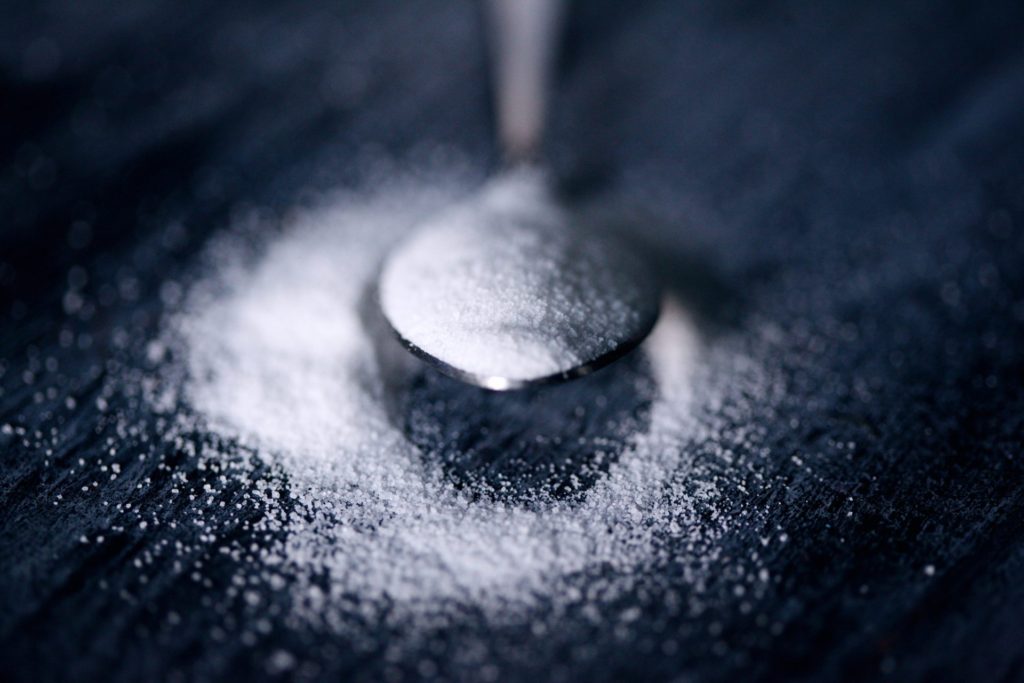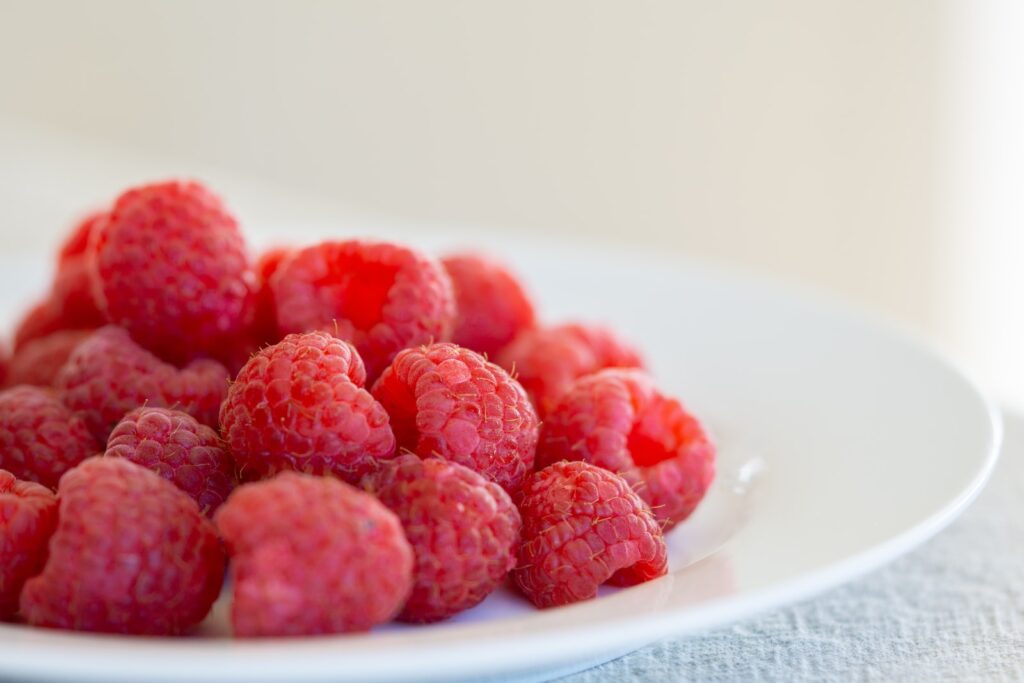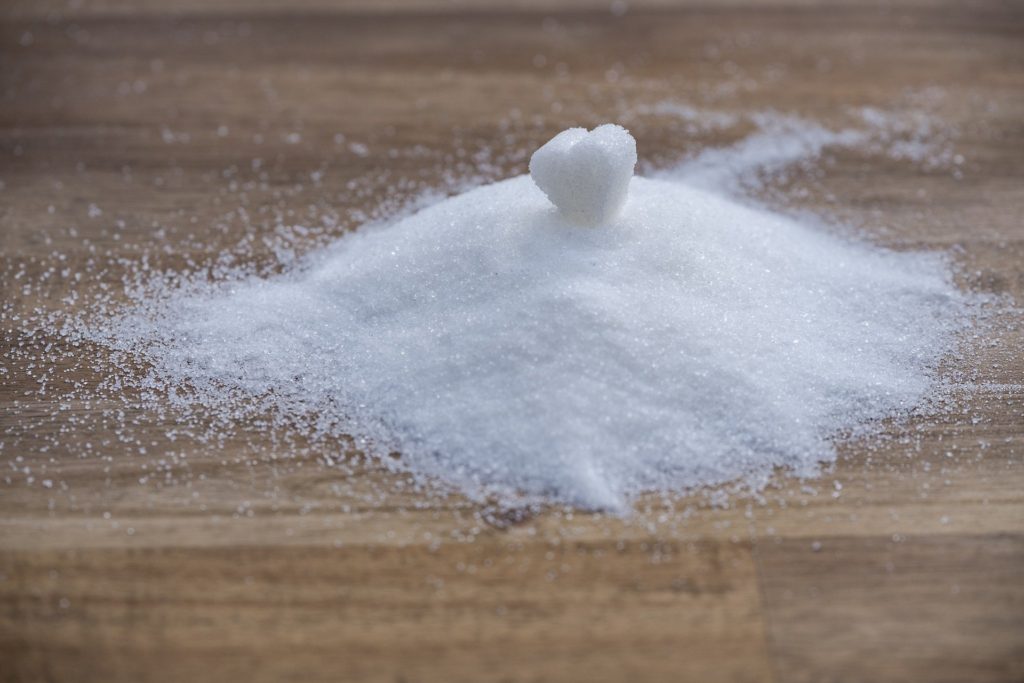Yes, artificial sweeteners are ok on keto since most artificial sweeteners are low in calories & don’t impact your insulin.
But, when it comes to artificial sweeteners, things can get confusing.
Some keto followers often steer clear of artificial sweeteners because they’re not considered “real” foods.
However, that doesn’t mean you have to give them up forever.
In this article, I’ll discuss if you should eat artificial sweeteners on keto & why some people avoid artificial sweeteners.
I’ll also discuss which sweeteners are low in calories but that also don’t have negative side effects.
What Are Artificial Sweeteners?
Artificial sweeteners are non-nutritive sweeteners that are used to sweeten foods without adding calories.
They are often times lower in calories than other caloric sweeteners like real sugar or honey.
You’ll find artificial sweeteners in many products including soft drinks, baked goods, and desserts.
You can also use them in your sugar–free cooking and baking.
But, depending on the type of artificial sweetener used, you could have different effects on your health and body.
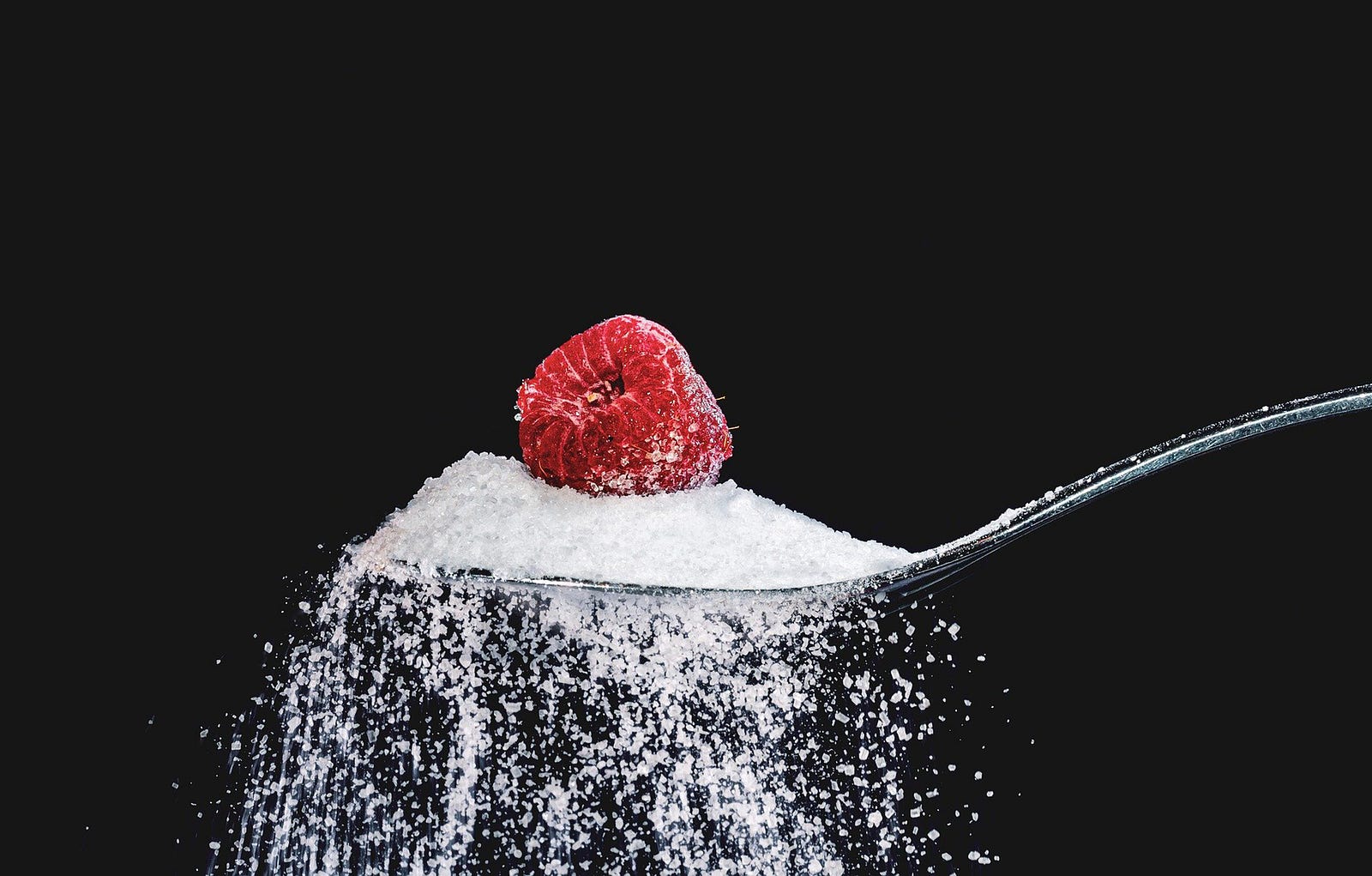
How Many Calories Are In Artificial Sweeteners?
Here are the number of calories in each of the most common artificial sweeteners.
- Stevia — 0 calories
- Monk Fruit––0 calories
- Erythritol — 0.2 calories per gram
- Allulose––0.4 calories per gram
- Inulin — 1.5 calories per gram
- Mannitol — 1.5 calories per gram
- Sorbitol — 2.5 calories per gram
- Xylitol — 2.5 calories per gram
- Maltitol — 2.7 calories per gram
- Saccharin — 3.3 calories per gram
- Aspartame––4 calories per gram
Remember that the higher amount of calories a sweetener has, the higher it impacts your insulin & blood sugar.
What’s The Problem With Artificial Sweeteners?
The problem with artificial sweeteners is that they activate your brain’s reward system. This means that the more artificial sweeteners you eat, the less you enjoy other natural foods.
Eating sweet foods has been linked to increasing dopamine — the brain’s reward chemical.
But, when you get too much dopamine, you start to become lazy.
For example, when you eat something sweet, you may notice that you become lazy.
But, if you eat a lot of sweet foods, you’ll start to crave sweet foods more.
This would cause you to gain weight.
But, if you eat less stimulating foods, like chicken & vegetables, your dopamine would be more stable.
This would lower your cravings for unhealthy foods, & make you enjoy healthy, natural foods more.
However, for me personally, during my first couple of months on keto, I used artificial sweeteners as a way to satisfy my sweet tooth without eating sugar.
But, after around 2 months, I quit eating artificial sweeteners because of their addictiveness.

Which Artificial Sweeteners Are Bad for Keto?
Some of the worst artificial sweeteners for keto include maltitol, xylitol, and sorbitol. This is because these sweeteners have a similar amount of calories & insulinogenic effect compared to sugar, so they would kick you out of ketosis.
This means that when you eat these sweeteners, your insulin would still raise, so you’d start gaining weight.
In addition to the fact that these artificial sweeteners would raise your insulin, these sweeteners are also much more pathogenic compared to other more natural sweeteners.
This means that when you eat these sweeteners, you’ll likely get a lot of stomach discomfort and possible diarrhea (speaking from experience.)
To help you better visualize which sweeteners do what, here’s a table comparing all of the sugar alcohols:
| Sweetener | Sweetness | Calories | Absorption | Fermentation | Liver | Kidney | GI | FODMAP |
| Erythritol | 70% | 0.2 | 90% | 10% | 0% | 90% | 1 | Good |
| Mannitol | 50% | 1.5 | 25% | 75% | 0% | 25% | 2 | Bad |
| Sorbitol | 55% | 2.5 | 25% | 75% | 25% | <2% | 7 | Bad |
| Xylitol | 95% | 2.5 | 50% | 50% | 50% | <2% | 9 | Bad |
| Maltitol | 90% | 2.7 | 60% | 60% | 40% | <2% | 35 | Bad |
Basically, even though this table may be overwhelming at first, after I explain it better, it can help you to understand which sweeteners are healthy & which ones are not.
Firstly, on the left, the table shows the most common sugar alcohols.
Sweetener & Sweetness
Though these aren’t all of the sweeteners you may know, these sweeteners are some of the most common ones you see when you buy sugar–free products.
After that, it shows how sweet each sugar alcohol is compared to sugar.
Then, it shows the most important thing for each sweetener, the calories.
Calories
As you can see, the sugar alcohol with the least amount of calories is erythritol.
That means that erythritol has virtually zero impact on your insulin.
But, the other sugar alcohols, like maltitol, are high in calories.
This means that they would raise your insulin more & possibly kick you out of ketosis.
Then, after that, there’s the absorption & fermentation.
Absorption & Fermentation
The next two columns show how much each sugar alcohol gets absorbed & how much gets fermented.
If a sweetener gets absorbed, that means that the calories in it get absorbed by the liver & get turned into energy.
But, absorption raises your insulin.
However, if a sweetener gets fermented, that means that the calories in the sweetener get sent to your gut’s bacteria to be fermented & turned into short–chain–fatty–acids.
This percentage of calories wouldn’t impact your insulin that much.
But, another key factor on how much each artificial sweetener increases your insulin is how much gets metabolized & how much gets excreted by the kidney.
Metabolized by the Liver
This is the percentage of the calories that get metabolized into glucose from by the liver.
But, since sugar raises your insulin, if this percentage is higher, that sweetener would raise your insulin more.
Excreted by the Kidneys
In contrast, the percentage that gets excreted by the kidneys through your urine is the percentage that doesn’t affect your insulin at all.
So, the sweeteners with a higher excretion percentage, like erythritol, have a lower impact on your insulin.
But, the sweeteners with a lower excretion percentage, like sorbitol, xylitol, & maltitol, would raise your insulin more & would be more likely to kick you out of ketosis.
The next column in the table is the glycemic index rating for each sugar alcohol.
Glycemic Index (GI)
The sweeteners with a higher glycemic index, like maltitol, raise your blood sugar more, so they aren’t keto–friendly.
And the final column on the table is the FODMAP rating for each sugar alcohol.
FODMAP
FODMAP stands for fermentable oligosaccharides, disaccharides, monosaccharides, and polyols.
FODMAP foods can cause digestive issues in people.
So polyols, which are the P in FODMAP, can also cause digestive issues.
But, the only one of these sugar alcohols that is FODMAP–friendly is erythritol.
So, if you don’t want to have stomach issues & not get kicked out of ketosis, the only sweetener that matches that criteria is erythritol.
If you want to learn about each sweetener more in-depth, you can watch Dr. Sten Ekberg’s video on YouTube.
Now I’ll discuss which artificial sweeteners are ok to eat on keto & why.
Which Artificial Sweeteners Are Good for Keto?
The healthiest artificial sweeteners are the natural ones like stevia, monk fruit, inulin, & erythritol. This is because these sweeteners are low in calories, but they also don’t cause many of the issues that other artificial sweeteners like maltitol & xylitol cause.

*Note: Some of the links I will put are Amazon affiliate links & I may earn a small commission when you buy from them*

Stevia
Stevia is a plant-based, no-calorie sweetener that’s been used for centuries. It’s created from the leaves of the Stevia rebaudiana plant, and it’s often considered a healthy alternative to sugar.
If you’re looking for an alternative to sugar, stevia is probably your best option.
Stevia is also a great alternative to sugar for those following keto.
But, Stevia does have a slightly metallic aftertaste which you should be aware of.
Since Stevia is ~200x sweeter than sugar, make sure to only use a little bit of it at a time.
You can buy the most popular Stevia here.

Monk Fruit
Monk fruit is a 0-calorie sweetener that comes from the melon–like Monk fruit plant. Monk fruit has been eaten for centuries in China, but it’s only now becoming popular in the rest of the world.
Monk fruit has almost zero calories, & it’s around 10 – 200 times sweeter than table sugar.
Most of the time you’ll see monk fruit mixed with other sweeteners, like erythritol or aspartame.
You can usually see monk fruit at the café or at the grocery store if you search for sugar–free sweeteners.
The most common brand for monk fruit sweetener is Lakanto’s Monk Fruit Sweetener since it’s a 1–for–1 replacement for normal sugar.
Monkfruit mixed with erythritol is the most similar thing to normal sugar I’ve ever tasted on keto that wasn’t sugar.
This brand of Monk Fruit tastes almost identical to sugar.
However, this brand in particular does contain some erythritol, so you can expect a slight cooling effect when you eat it.
If you’re interested, you can get it here.
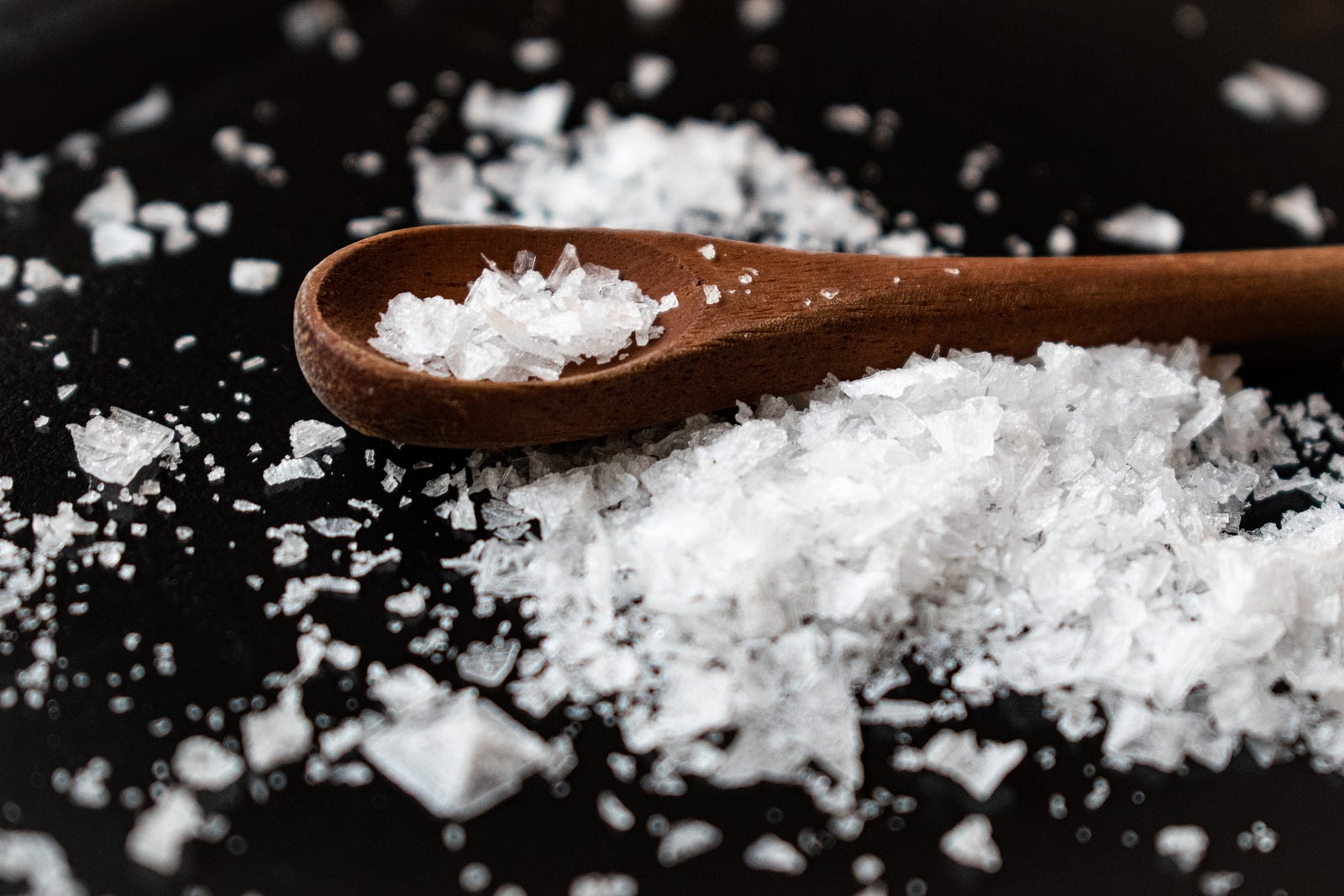

Inulin
Inulin is a sugar–free sweetener that has zero calories. It comes from the inulin found in the chicory root plant. Some products use chicory root or the extracted inulin extracted from the chicory root to sweeten foods without adding any carbs or calories.
Compared to Stevia & monk fruit, inulin is a little less sweet, so you don’t have to be as careful when using it.
Inulin is slowly rising in popularity in the keto community because it’s much more natural compared to other artificial sweeteners.
If you don’t like the taste of Stevia or Monk fruit, you can see if you like inulin by buying it here.

Erythritol
Erythritol is an artificial sweetener, but the reason it’s popular is that, unlike other artificial sweeteners, it doesn’t cause digestive issues. This is why it’s one of the most popular sugar–free sweeteners on the market.
Because erythritol has basically zero calories and none of the calories get fermented by the gut, you don’t get any bloating when you eat it.
But, other artificial sweeteners, like xylitol and maltitol, do ferment in the gut so they do make you bloated.
However, the problem with erythritol is that it’s artificial, so it may cause some health problems for you further down the line.
But, remember that when you do eat erythritol since it’s artificial & has a cooling effect when you eat it, it’s best to combine it with another sweetener like Stevia or monk fruit.
My favorite erythritol brand is Swerve since it doesn’t have much of an aftertaste.
You can usually find Swerve at Walmart but sometimes they don’t have it.
So, if you want to be sure, you can buy it on Amazon here.

Will Artificial Sweeteners Stop Ketosis?
No, most artificial sweeteners won’t stop ketosis. This is because they’re low in carbs & calories, so they won’t spike your insulin. But, some artificial sweeteners, like maltitol, xylitol, & sorbitol, have been shown to have a similar amount of calories to sugar, so they would spike your insulin.
Which Artificial Sweeteners Would Stop Ketosis?
These artificial sweeteners would stop ketosis since they have a similar amount of calories & insulinogenic effect compared to sugar:
- Maltitol — 2.7 calories per gram
- Xylitol — 2.5 calories per gram
- Sorbitol — 2.5 calories per gram
- Mannitol — 1.5 calories per gram

Which Artificial Sweeteners Wouldn’t Stop Ketosis?
These artificial sweeteners wouldn’t stop ketosis since they either have almost zero calories, or the calories in them don’t get metabolized:
- Stevia — 0 calories
- Monk Fruit — 0 calories
- Erythritol — 0.2 calories per gram
- Allulose — 0.4 calories per gram
- Inulin — 1.5 calories per gram
- Saccharin — 3.3 calories per gram
- Aspartame — 4 calories per gram
Are Artificial Sweeteners Bad for People on Keto?
No, artificial sweeteners aren’t bad for people on keto. This is because they’re a low–carb alternative to sugar. But, since they do cause you to crave sweet foods more, it’s best to completely remove them from your diet once you become experienced with eating keto.
But, if you do choose to eat artificial sweeteners, try to choose natural sweeteners like stevia & monk fruit instead of artificial ones like maltitol & xylitol.
This would help you to experience fewer negative side effects like digestive issues & diarrhea.

Should You Eat Artificial Sweeteners on Keto?
If you want to eat something sweet on keto, without getting the negative side effects of eating sugar, you should eat artificial sweeteners. But, if you’re someone who wants to eat more healthily overall, you should consider cutting out both artificial sweeteners & sugar from your diet.
This is because artificial sweeteners are still a form of processed chemicals that your body doesn’t get any nutritional value from.
So, if you completely removed sweetened foods from your diet, not only would you crave sweet foods less, but you wouldn’t experience any of the other health risks associated with artificial sweeteners.
FAQ
Will Artificial Sweeteners Stop You From Losing Weight?
No, artificial sweeteners won’t stop you from losing weight. This is because most artificial sweeteners won’t raise your insulin & are low in calories, so you wouldn’t gain weight after eating them.
But, if you eat artificially sweetened foods often and then as a result start eating other high carb sweet foods, you’ll start to gain weight.
Will Artificial Sweeteners Break a Fast?
No, most artificial sweeteners won’t break a fast. This is because they have virtually zero calories and don’t raise your insulin. But, some sweeteners like maltitol, xylitol, & sorbitol do have some calories and will break your fast.
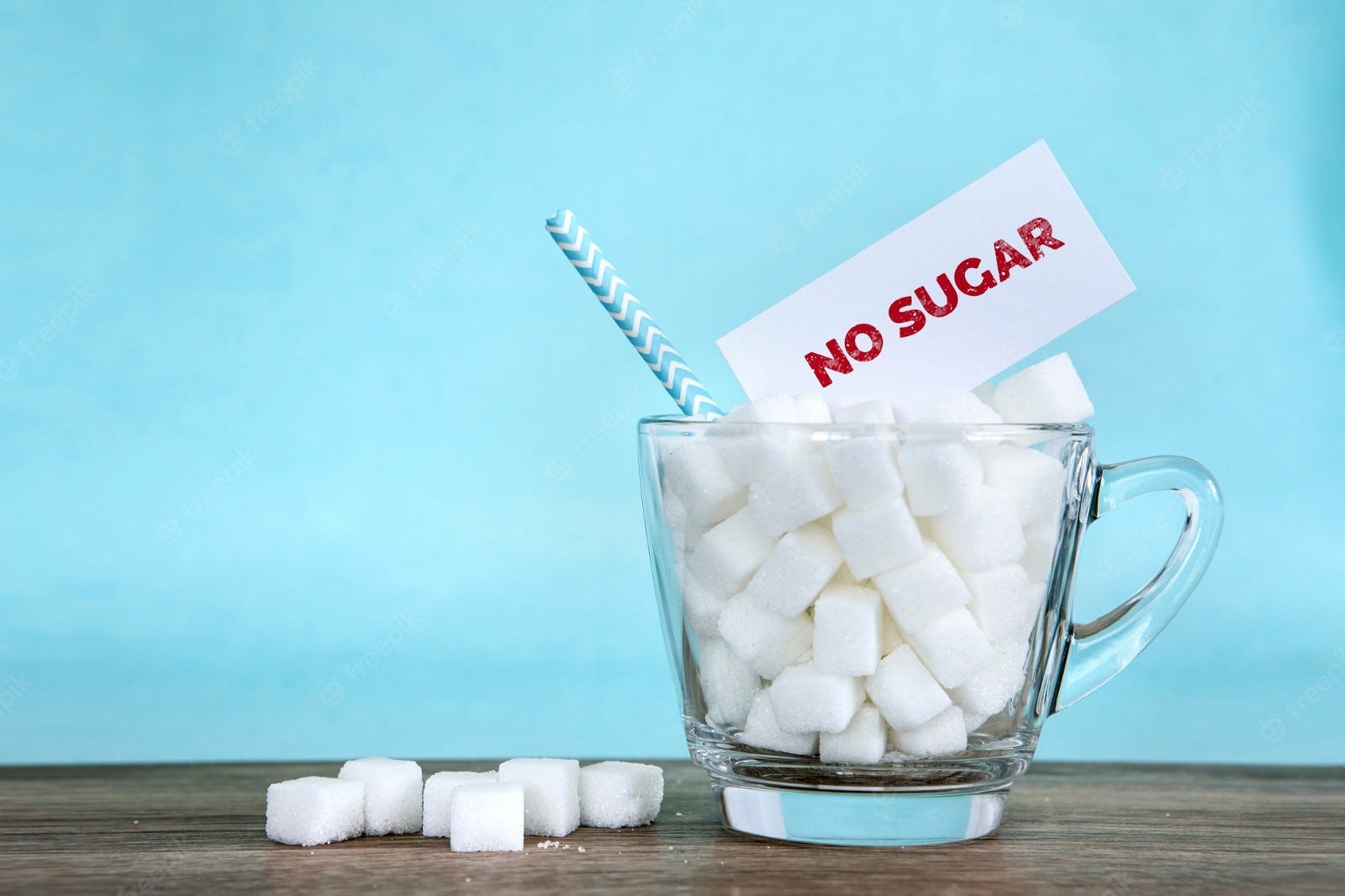
Will Artificial Sweeteners Stop Autophagy?
No, most artificial sweeteners won’t stop autophagy. This is because most artificial sweeteners are low in calories, so they won’t spike your insulin & kick you out of autophagy. But, sweeteners like maltitol, xylitol, & sorbitol would kick you out of autophagy since they do have calories.
Conclusion
Artificial sweeteners are a great low–carb alternative to sugar when you’re first getting adjusted to eating keto. But, since they’ve been shown to lead to more sugar cravings & potential health problems, it’s best to cut them out of your diet & replace them with more nutritious foods.
If you’re interested in learning how I lost over 40 pounds with one meal a day, you can read my article here.
- Can You Still Lose Weight If You Aren’t in Ketosis? - February 8, 2023
- Can the Keto Diet Help With Depression? - February 8, 2023
- Why Does Processed Food Make You Fat? - January 2, 2023

